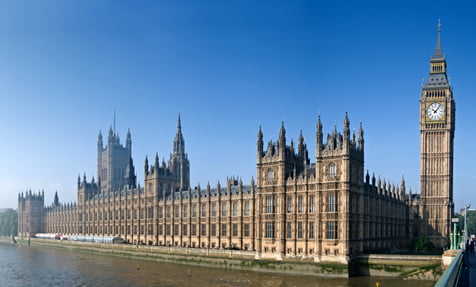What Are Cemetery Records
In the United Kingdom, cemetery records are a valuable source of genealogical and historical information for those that have passed away. These records typically contain information such as the names of the deceased, dates of birth and death, and location of burial. Some of these publicly available records may also include additional details such as occupation, cause of death, and family information.
The responsibility for maintaining cemetery records varies in the UK, depending on the type of cemetery and its ownership. Local councils are responsible for maintaining records of public cemeteries, while churchyard records are typically maintained by the corresponding religious organization. Private cemeteries may have their own record-keeping systems.
Cemetery records can be accessed in many ways, including visiting the cemetery or churchyard in person, contacting the relevant council or religious organization, or searching online databases. Many local and national archives in the UK hold cemetery records and some have made them available online, either for free or for a fee. Some genealogy websites and organizations also hold cemetery records, which can be searched using a variety of criteria.
How To Search Cemetery Records
- Contact the relevant cemetery or churchyard if you know the area where the person was buried. They typically have the most up-to-date record of who is buried there and where their grave is on the premises.
- Check online cemetery records through ancestry websites or cemetery websites. Some cemeteries have online records that you can search to find the location of a specific grave. Websites like Deceased Online and Find a Grave may have information about the person you are searching for.
- Contact the local council: If you cannot find the information you need through the cemetery or online, you can contact the local council for the area where the person was buried. They may be able to help you locate the grave.
- Contact genealogy organizations: Organizations such as the Society of Genealogists and the Federation of Family History Societies may be able to help you locate the grave if all other options have failed.
It is important to note that some older cemetery graves may not have clear records or may have become overgrown and difficult to locate, so it may not always be possible to find the exact location of a grave. Also, not all gravesites have been transcribed into a digital format that can be searched online.
Cemetery Plots
Cemetery plots in the UK are burial spaces in cemeteries where the deceased are laid to rest. Cemetery plots vary quite a bit and can be designated for an individual plot or a family plots for multiple people. The size and location of cemetery plots can vary and are usually chosen based on the cemetery’s layout and availability and of course cost. Some cemeteries offer a choice between traditional ground burial plots, mausoleum and cremation options. The cost of a cemetery plot can widely range depending on the location, size and options.
The Most Famous Cemeteries in the UK
Advertising Disclosure: This post may contain promotional links. publicrecordsearch.co.uk may be compensated if you use these links.


